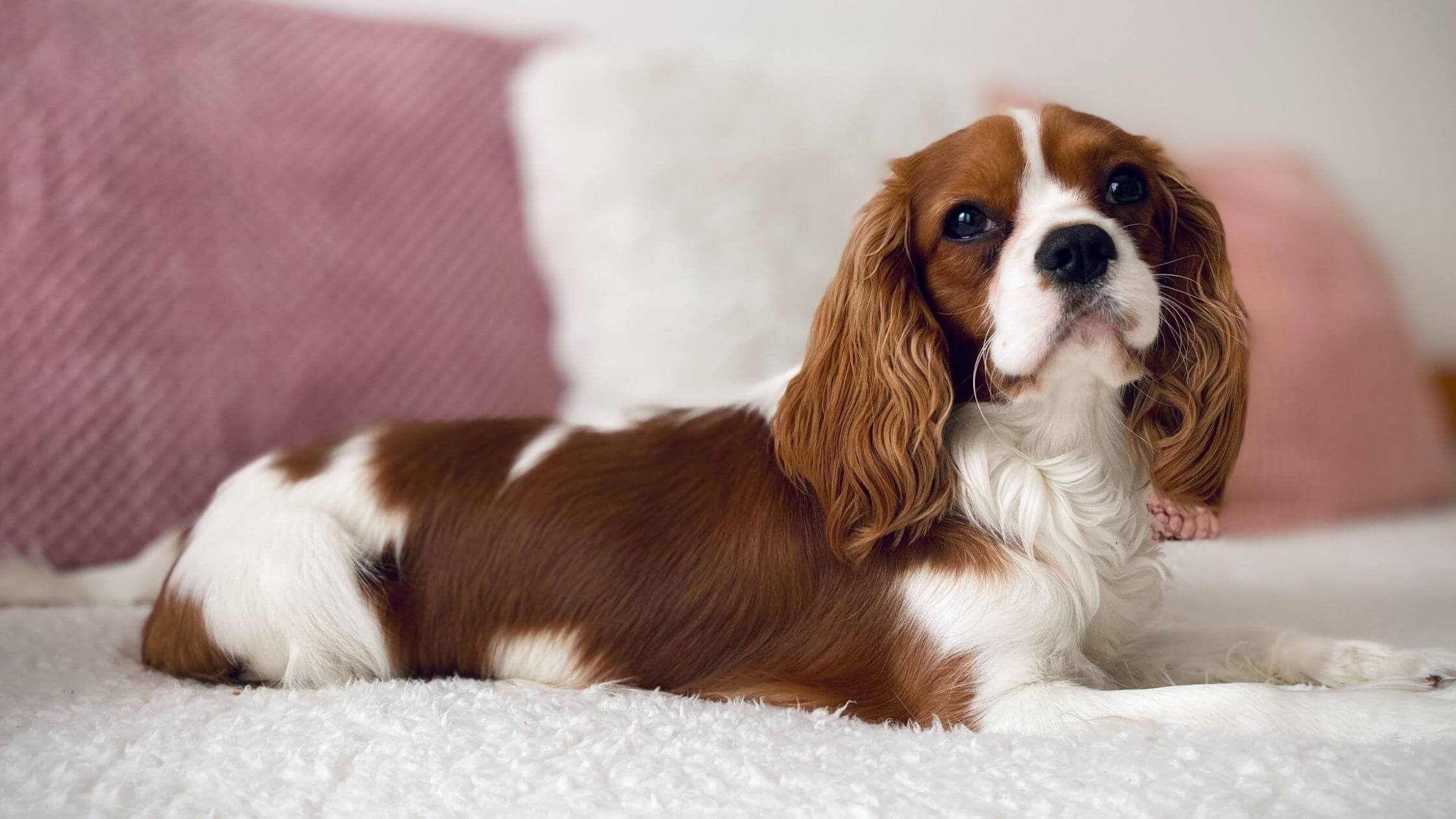Bringing Your New Dog Home – Tips for the First Week And Beyond

During the “Adopt a Shelter Dog” month, we continue to share updates on welcoming a new dog into your home. Earlier, we’ve covered the factors you should think about before adopting a dog, and the best way to manage the dog’s first day with you.
Here, let’s talk about what comes next…
We’ll talk about what to expect in the first week, and beyond. And how you can help your new puppy settle in faster in her new home.
Bringing Your New Dog Home – 4 Great Tips For Your New Puppy’s First Week
Now, assuming you’ve gone through our previous posts, you’re probably already loaded up on puppy pads, puppy food, and the like…
Right?
And you’ve done all you can to see that your new pup’s first day at her new home isn’t too stressful. So now what next?
Right about now she will be slowly getting used to her new surroundings. Now she needs to get used to regular life at your home, be it her new family, or her new routine.
1. Don’t Loosen Up On Discipline
Don’t make the common mistake of taking it easy and giving your new pup free passes for the first few days. That will only prolong the time it takes to train her, and cause bumps on the road.
Now that you know what her schedule should be, stick to it. Every single day.
And not just that…
Don’t ignore anything she’s not supposed to be doing. For instance, scratching at furniture, or begging at the table.
Now you might think, how can I punish my new pupper just as she’s finally getting used to her new home? Won’t she feel more frightened or insecure if I scold her?
Not if you do it right…
Indeed, punishing or raising your voice are bad ideas – and not just in the first week. But using a stern voice and using leash training are actually the way to go.
Followed by rewarding the correct behavior, of course. Positive reinforcement is the key.
2. Get To Know Your New Puppy
After the first day of bringing your new dog home is generally when your new pup starts to relax. Of course, it will vary from dog to dog, but unless your puppy has anxiety issues, whether by nature or due to some past trauma, she should gradually feel at ease over the first week or so.
That’s when you get to know your puppy for who she really is. Her normal behavior and habits will slowly surface.
And getting to know them is important, so you know that things aren’t quite right when she behaves differently. And also so you know which buttons to press when it comes to training.
Make a point of getting into plenty of bonding activities over the coming days and weeks. These could be anything that is fun and interactive, or just shows your affection, like:
- Playing tug of war or tag
- Walks or runs where you familiarise yourselves with each other’s’ energy
- Simple cuddling or scratching sessions
- Play with interactive dog toys puzzles for pupppies
It’s important you make a point of building up these bonds between you two as early as possible.
3. Time To Start Socializing
Of course, it’s also important after bringing your new dog home that she becomes used to other people or pets. Socializing is crucial to inculcate good behavior in dogs.
Once you have a decent handle on basic command training, and she feels safe and comfortable at home and around you, start doing things where she gets to interact with, or at least be around other people and pets.
These could be as simple as walking routes that have more people and doggy traffic, trips to the park, etc.
When it comes to other pets – it’s important to ensure that both feel relatively secure while meeting. Meaning, a neutral area is best so as not to stir any territorial feelings.
But there’s something even better…
Group training sessions, if you can access them. They are great activities that combine both socializing and discipline, and can do wonders for your pup’s training and general well-being
4. Monitor Her Health Closely
Seeing as there’s so much that’s new for your new puppy, this is really essential. Make sure to constantly observe and monitor her after bringing your new dog home.
That’s, of course, apart from regular visits to the vet.
With the new diet, the anxiety of suddenly being transported to a new place, and even potential allergies from the new environment, there’s plenty that can affect your new dog’s health.
The diet especially can be tricky. Don’t worry even if your pup doesn’t eat much over the first few days. It’s the insecurity, her natural caution, or just the different food.
The best way to track her digestive health is to observe her pooping pattern – both the frequency and the qualities of her poop. If it seems unusual in any way – like, say, in color, or consistency – it’s time for a visit to the vet.
Last but not least, you can start bonding with your new puppy by spending time play or exercise with your puppy.
Your puppy will love to have some new toys to play with and it also helps with puppy teething.
Check out this article gifts for dog lovers if you want to spoil yourself with some lovely present as well.
We hope you continue to find this series on bringing your new dog home useful. If you know any other tips or suggestions from your own experiences, do let us know in the comments section below!
Featured image by instagram.com//utahbulldoglife/
